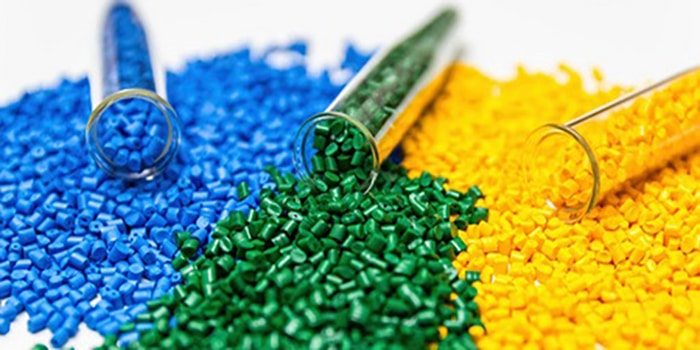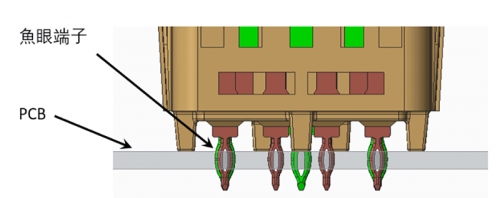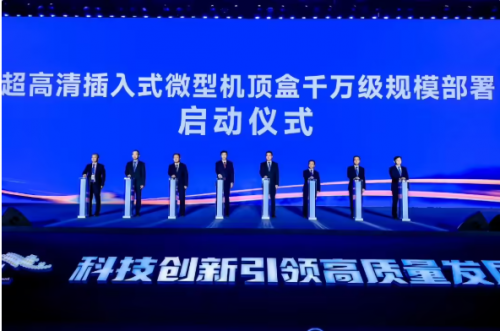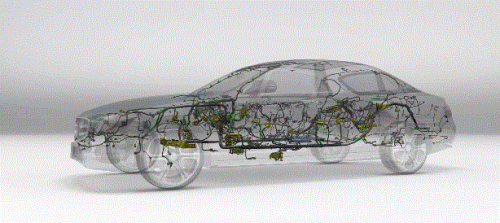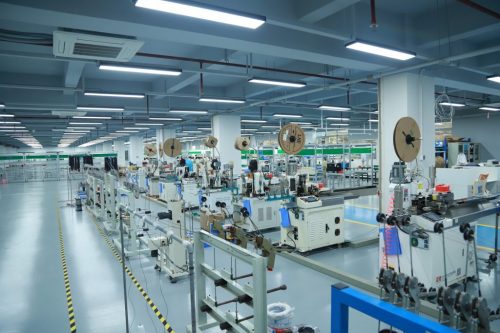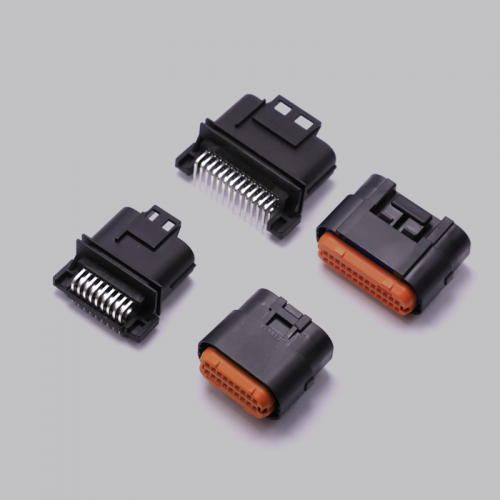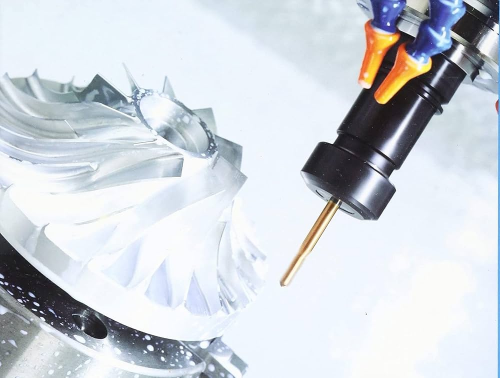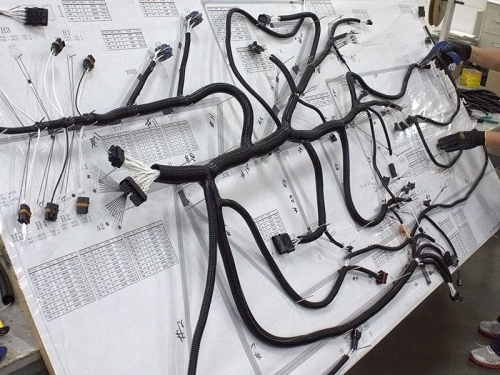There are various types of insulating materials for low-voltage connector housings, of which the common ones include PBT, NYLON, ABS, LCP and other materials. These materials are selected as low-voltage connector insulation materials mainly because they have good electrical insulation properties, mechanical strength, heat resistance and chemical resistance.
Different use scenarios for low-voltage connector material selection is also very different, the connector housing as the main part of the connectors as a whole, roughly determines the size of the low-voltage connector.
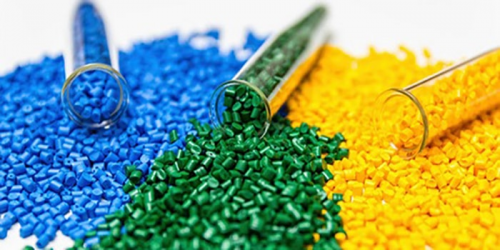
I. Low-voltage connector insulator selection principles
- good fluidity (such as LCP, nylon, etc., can prepare thin-walled products)
- high strength, good impact performance
- high temperature resistance (especially SMT)
- excellent electrical properties (high resistance, low dielectric loss)
- Short molding cycle time (increase productivity and reduce cost)
- Price advantage under the condition of performance fulfillment.
II. Material competitiveness advantage
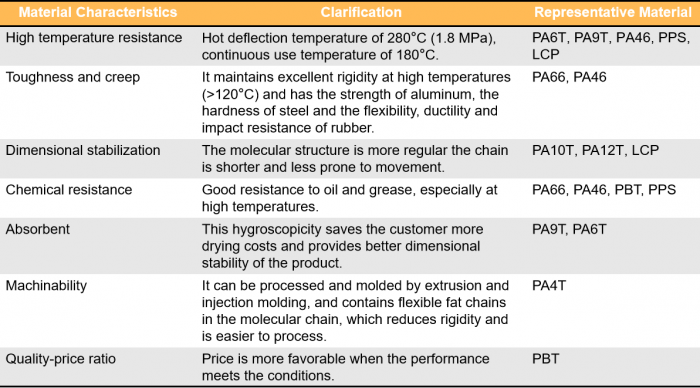
III.Practical application of materials
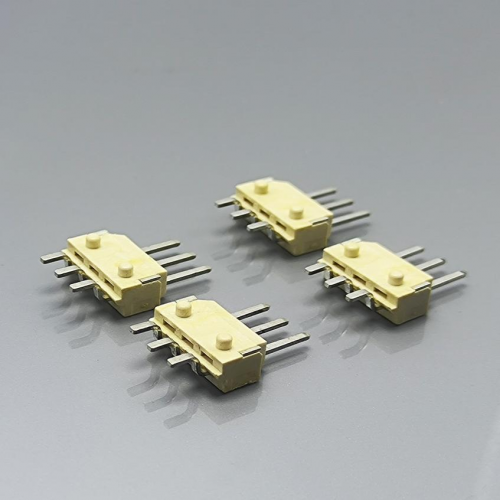
Temperature range: -40℃-125℃, lightweight and stable, adapted to automotive lamp connectors, ambient lighting connectors, etc.
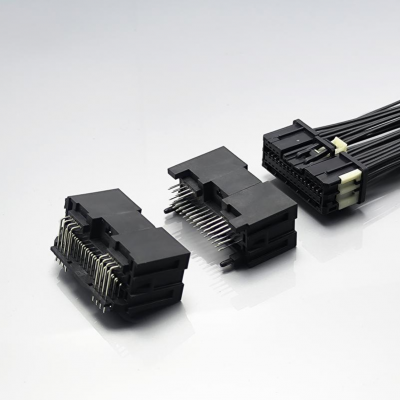
Temperature range: -40℃-125℃, suitable for automotive headlight connectors, tail light connectors, etc.
IV.The summary
When selecting insulation materials for low-voltage connector housings, trade-offs need to be made based on specific application scenarios and needs. For example, for applications requiring high heat and corrosion resistance, PA46 and PPS may be a better choice; while for applications requiring high mechanical properties and thermal stability, PA66 and LCP may be more appropriate. Also, cost is an important factor to consider when selecting materials. Connector suppliers also need to consider the different needs of their customers to flexibly brake.
The team at KONNRA Connectors has the experience and expertise to respond quickly to customer needs and provide systematic solutions.
